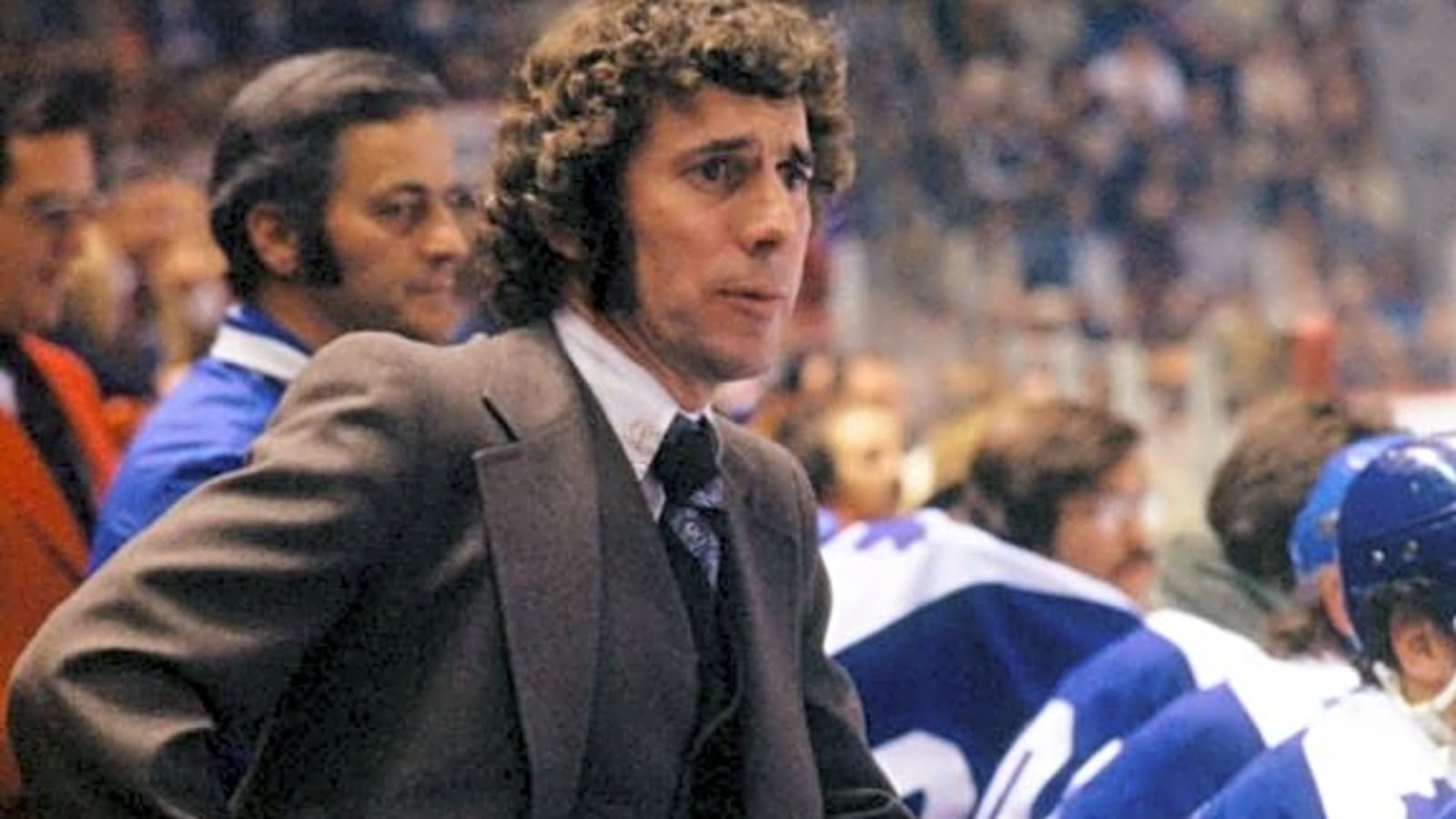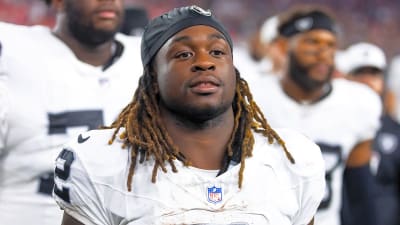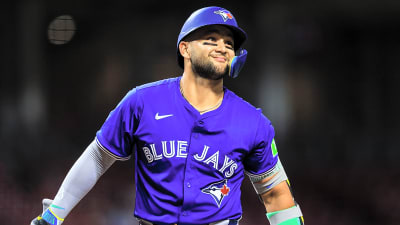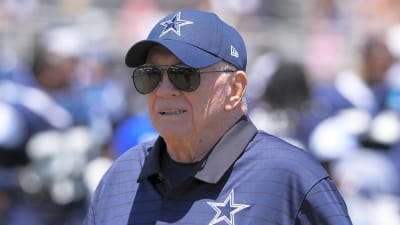
In 1982, hockey was treated to one of the most memorable playoff runs in NHL history. The Vancouver Canucks—underdogs by almost every measure—caught fire and made their way to the Stanley Cup Final. They didn’t win it all, falling 4–0 to the powerhouse New York Islanders. However, they did capture something different: imagination, emotion, and a legacy that still resonates in Vancouver today.
Ask anyone who was a Canucks fan and lived through that run, and two things stand out: the raising of the white towels and the brilliance of a goaltender known simply as King Richard.
The Culprits Behind the Capers: Neilson’s Wit, Brodeur’s Will
Chalk up the white towel to one of the most creative hockey thinkers ever. Roger Neilson was a visionary hockey mind who revolutionized the game with his innovative use of video analysis, tactical precision, and mastery of the rulebook to gain a competitive edge. Known as a teacher behind the bench, he brought a cerebral, detail-oriented approach that forever changed the NHL coaching landscape.
“King” Richard Brodeur was the heart and backbone of the Canucks’ improbable run to the 1982 Stanley Cup Final, delivering heroic performances that earned him folk-hero status in British Columbia. Brodeur was a smaller, agile goaltender with fierce competitiveness. He often faced a barrage of shots behind a leaky defence, and still gave his team a chance to win.
Here are their stories as they converged in the 1982 Stanley Cup Playoffs.
Neilson’s Raising of the White Towel
Tensions boiled over during the Campbell Conference Final against the Chicago Blackhawks. The officiating had become one-sided, at least from the Canucks’ point of view. On April 29, 1982, with the Canucks trailing 4–1 in Game 2, Neilson had enough.
He grabbed a white towel off the bench, stuck it on the end of a hockey stick, flipped it upside down, and held it up like a white flag. It was tongue-in-cheek—part protest, part theatre—but the message was clear: we surrender… to the officiating.
The moment took on a life of its own. Several players followed suit, hoisting towels of their own. And from that point on, “Towel Power” was born. What started as frustration became one of Vancouver’s most enduring symbols of fan unity. Forty years later, towels still wave at Rogers Arena every spring. It all started with Neilson, a coach known for his passion, creativity, and ability to turn even a moment of protest into something unforgettable.
The Play of King Richard
While the towels were flying in the stands, one man proved unflappable in the crease: Richard Brodeur—No. 35. The Canucks weren’t supposed to get out of the first round, let alone reach the Stanley Cup Final, but Brodeur had other ideas. Night after night, he kept Vancouver alive. He wasn’t just good—he was spectacular.
That’s how the nickname King Richard was born. The fans saw what he was doing and responded in kind. Brodeur’s calm, acrobatic play gave the Canucks a chance in every game, and he became the emotional anchor of the entire playoff run.
Today, across British Columbia and throughout hockey, the name King Richard means something. It represents a time when hockey felt magical, when anything seemed possible, and when an unlikely hero could take a team—and a city—on his shoulders and carry them somewhere they’d never been before.

Brodeur didn’t just stop pucks; he embodied the values that define great playoff goaltending: grit, resilience, and composure. And more than that, he gave fans a reason to believe in something bigger than the scoreboard. His performance in 1982 isn’t just a highlight—it’s a benchmark.
The 1982 Canucks Carved a Permanent Place in Vancouver Hockey Lore
For those old enough to remember, that the 1982 Canucks, even without winning the Stanley Cup, carved out a permanent place in hockey lore.
They weren’t just a Cinderella team. They gave us symbols and memories that still matter: a towel waving from the end of a stick, and a goalie in the zone who reminded everyone what heart and hope look like.
[Note: I’d like to thank Brent Bradford (PhD) for his help co-authoring this post. His profile can be found at www.linkedin.com/in/brent-bradford-phd-3a10022a9]
More must-reads:
- Could Capitals cause Penguins' Sidney Crosby to change mind about trade desires?
- Maple Leafs defenseman could assume new role with Toronto next season
- The 'Active three-TD catch NFL games' quiz
Breaking News
Trending News
Customize Your Newsletter
 +
+
Get the latest news and rumors, customized to your favorite sports and teams. Emailed daily. Always free!








